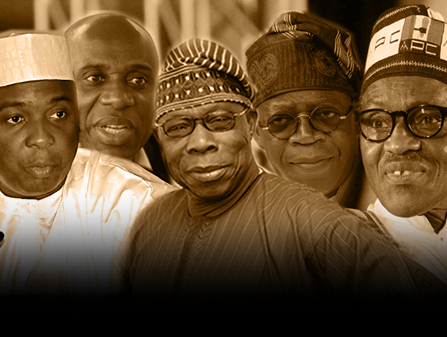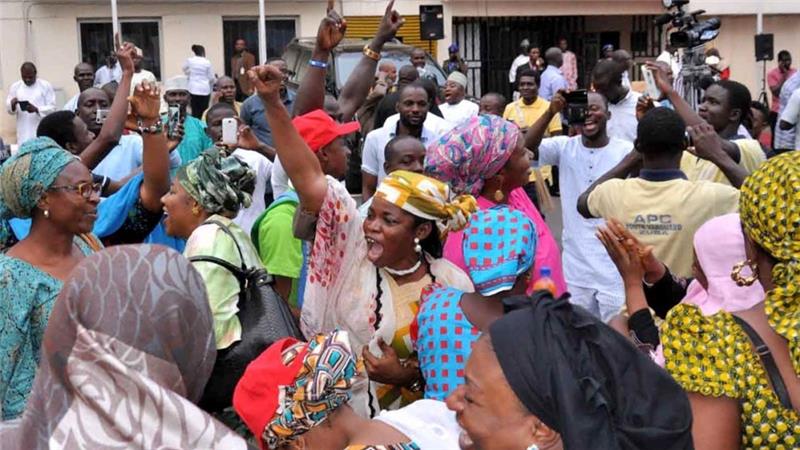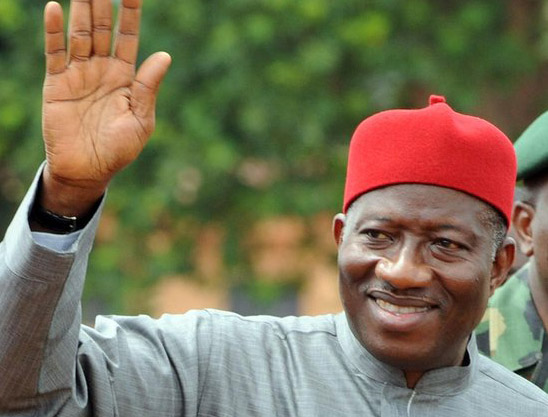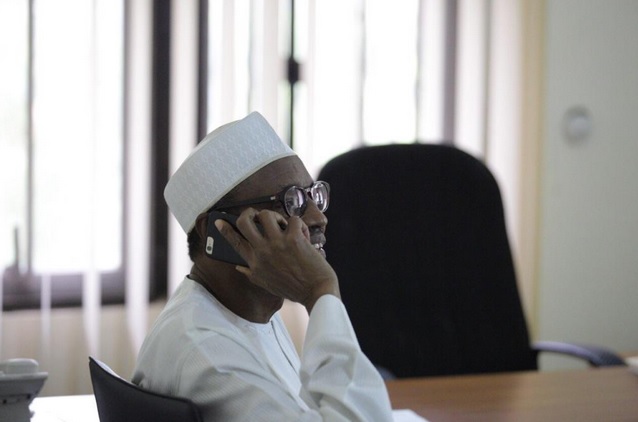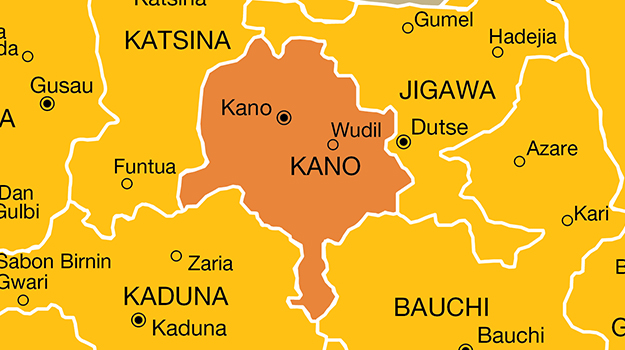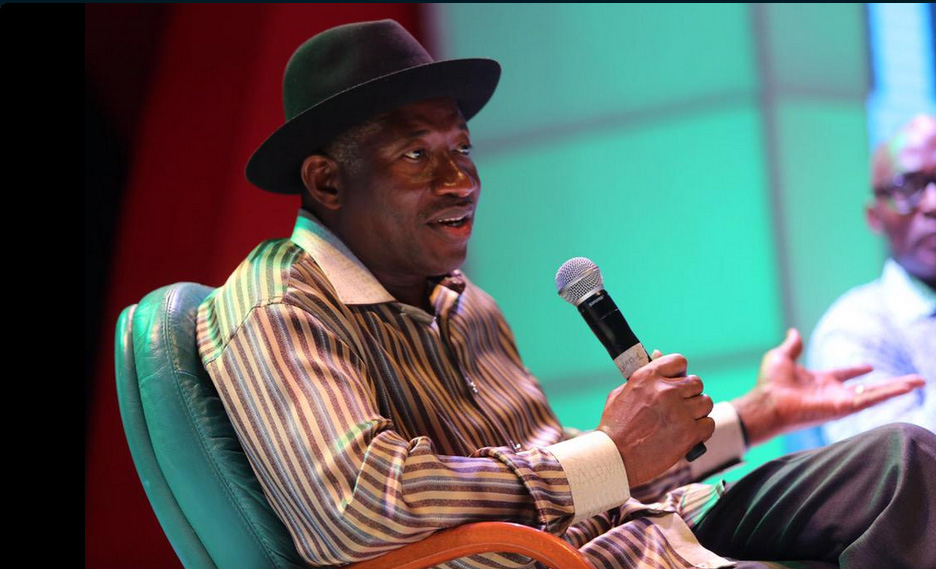And so, President Goodluck Jonathan has become the first sitting president to lose an election in Nigeria. Not only that, the Peoples Democratic Party (PDP) seems poised to become the minority in the national assembly, completing the demystification of a party that used to brand itself as Africa’s biggest party — one that was supposed to rule for 60 years.
Why did Jonathan lose out in the power game? There are probably a million and one reasons, the biggest being that the opposition finally got its act together and fielded a man who has a natural street appeal. The frustrations of Nigerians with the PDP have been on for ages, and the successful formation of the All Progressives Congress (APC) should count as the biggest factor in these elections. But Jonathan had had it coming all along — starting from the removal of fuel subsidy in January 2012.
Below are some of the reasons that weakened his appeal to Nigerians since his overwhelming victory in the 2011 elections. You are free to add yours in the comments section.
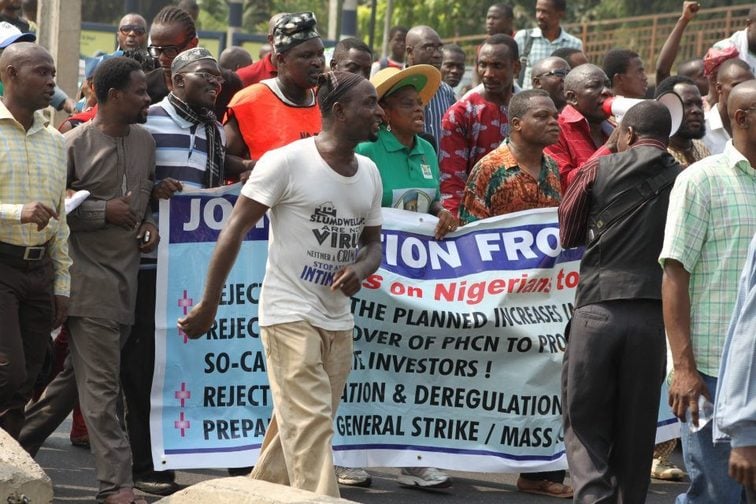
Occupy Lagos
The increase in the pump price of petrol in January 2012 was the first point of conflict between Jonathan and the populace, especially the youth. The timing — coming while people had travelled for Christmas — was a major factor in the popular resistance, but the allegation that nearly N2 trillion was spent on fuel subsidy alone in 2011 further fuelled public anger. Citizens held Occupy Lagos rallies, with Ojota being the biggest meeting point in the state. There was a paralysing strike by the labour unions. The social media, which hitherto worked in favour of the president, buzzed with anti-Jonathan sentiments. Although Jonathan held the opposition responsible for the sustained protests against deregulation, he never really recovered from the devastating damage the fuel price rise did to his government — despite cutting the pump price to pacify the protesters.
Advertisement
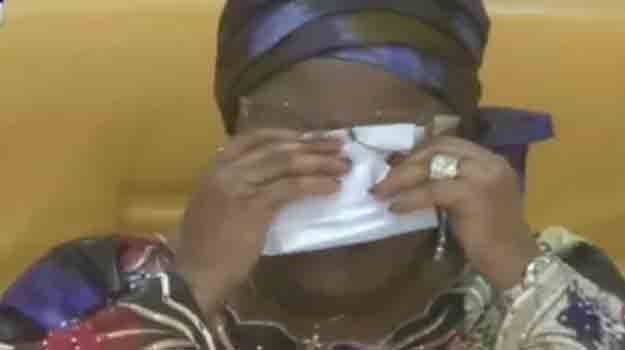
‘Na only you waka come?’
In the tragicomedy that followed the April 2014 kidnap of nearly 300 girls at the Government Girls Secondary School, Chibok, Borno state, Patience Jonathan, wife of the president, worsened an already sad affair by trivialising it. In what looked like a well rehearsed drama, she openly lambasted officials of the Borno state government and the school principal, and suggested that nobody was kidnapped. Then she shed crocodile tears in the cameras, wailing: “There is God o. All this blood that you are sharing in Borno… remember there is God in everything we are doing.” She famously asked the school’s principal: “Na only you waka come?” (“You came alone?”). She was probably expecting more officials from the state. The video went viral and global. The joke was on her at a time the world was mourning the plight of hundreds of kidnapped teenagers.
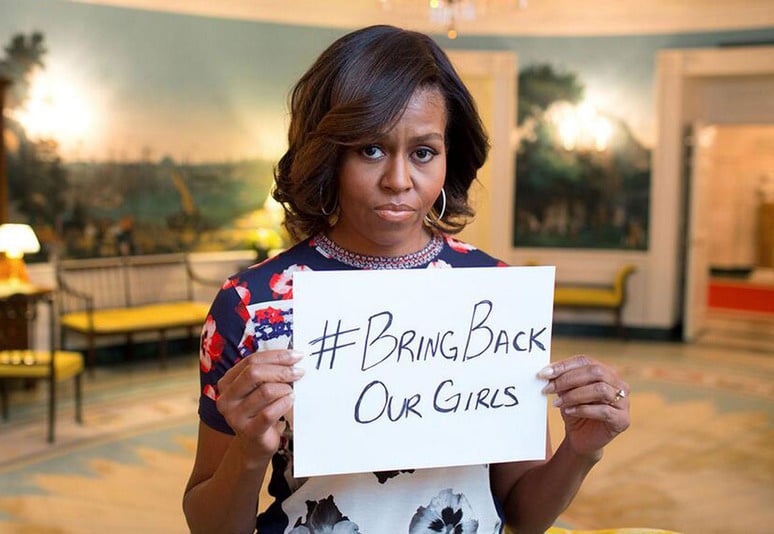
Bring Backs Our Girls movement
The kidnap of the Chibok girls and Patience Jonathan’s drama led to the birth of a movement that gave Jonathan a nightmare he would never forget: the Bring Back Our Girls (BBOG) group. The movement parodied the name of Bring Back the Book, an initiative launched by Jonathan to encourage a reading culture among school children. BBOG made a global impact, drawing international attention to the kidnap saga at a time the government was accused of not doing anything to address the issue. The security agencies and Jonathan’s supporters adopted a hostile attitude towards the group. They were threatened and harassed. However, the campaign got more popular, and #BringBackOurGirls was trending on Twitter across the world. International celebrities carried the placard, the most famous being Michelle Obama, the American first lady. Jonathan got the most negative global publicity from the activities of BBOG.
Advertisement
